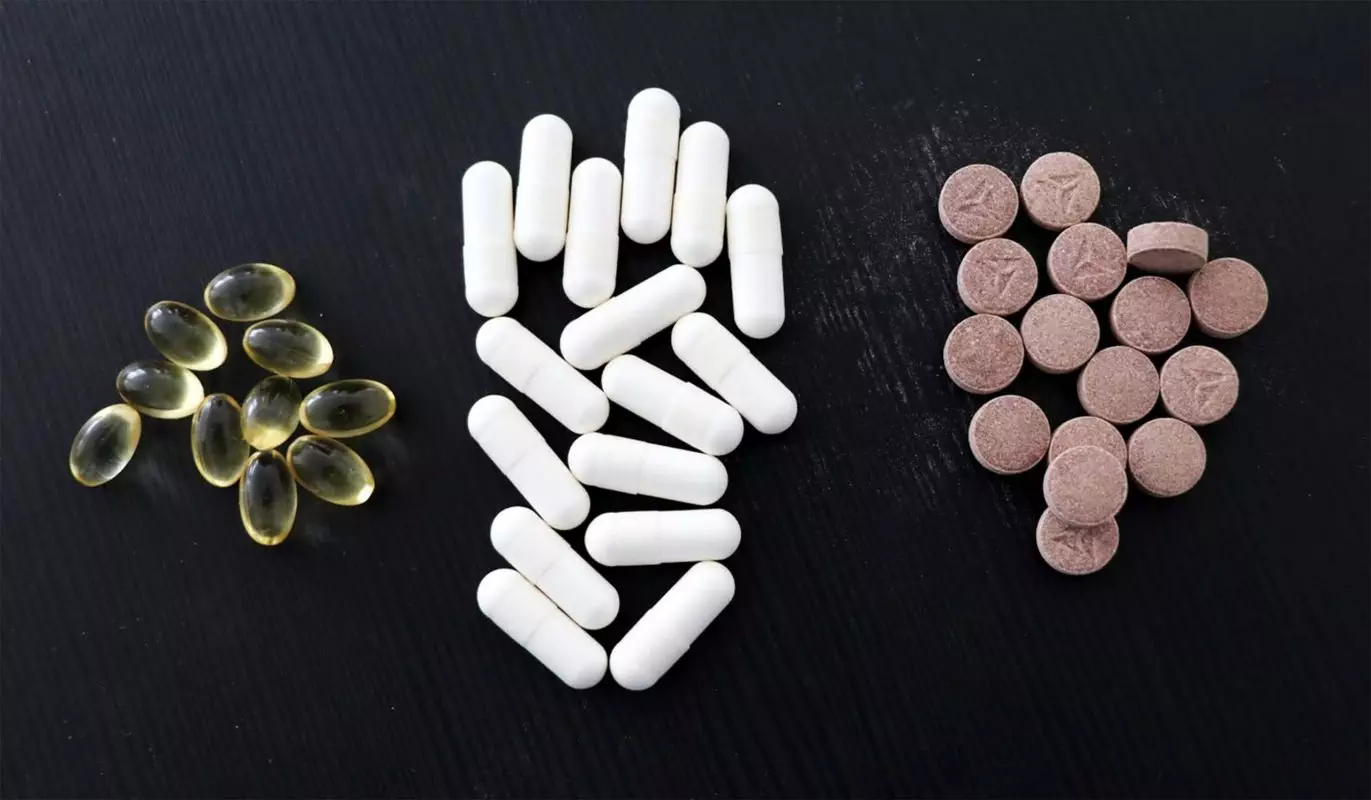Health
A Guide to Multivitamins and Everything Your Body Needs
Multivitamins have become a staple in homes in the past two decades. Their rise in popularity means that for many, multivitamins are an important part of their daily routine. Usually taken in the morning, they are a way to supplement your diet throughout the day to make sure you are getting all the nutrients and vitamins you need.
Multivitamins come in many forms: tablets, chewables, gummies, powders and capsules. Some are promoted to women, some to kids and some to men.
What is in Multivitamins?
This is where things get a little tricky. The Food and Drug Administration (FDA), or its Canadian counterpart the Canadian Food Inspection Agency (CFIA), don’t have exact guidelines for what has to be included in multivitamin supplements.
This means that not all multivitamins have the same ingredients or the same dosage of nutrients in them. Basically, not all multivitamin and mineral complexes are made equal.

What Does Your Body Need?
To understand whether a multivitamin is good or worth it, first we need to understand what vitamins – and how much of them – your body needs to be in tip-top shape.
Vitamins and minerals are also known as micronutrients. This is because your body doesn’t need much of them – just needs them in small amounts. But don’t be fooled: they are still absolutely crucial to making sure your body is healthy and functional.
Now, while your body needs both vitamins and minerals, it is harder in some ways to get vitamins. While there are a lot of natural sources of vitamins in the food you eat, vitamins are organic and can be broken down by heat, or air. This means that cooking vegetables or even storing them improperly can lead to them losing some of their vitamins and benefits.
Minerals however, are made of much tougher stuff. Firstly, unlike vitamins, minerals are inorganic which means they aren’t so easy to break down in foods. This quality makes it easier for you get them from meats, fish and other natural sources of minerals.
Fat-Soluble Vitamins
 There are two types of vitamins: fat-soluble and water-soluble. We’ll touch on the latter later on in the post. The difference is in how they are absorbed into your body.
There are two types of vitamins: fat-soluble and water-soluble. We’ll touch on the latter later on in the post. The difference is in how they are absorbed into your body.
Fat-soluble vitamins are dissolved from your food into your body through blood. They get into your blood through your lymph vessels in your intestinal wall.
Fat-soluble vitamins are:
- Vitamin K: Crucial for blood clotting and bone mineralization. It also plays a role in maintaining bone health – some studies have suggested that vitamin K can help prevent osteoporosis.
- Vitamin D: This vitamin has become very popular in the last decade. Its main job is to team up with calcium to make sure you reabsorbing as much calcium as you need. This makes this vitamin crucial for healthy bones and teeth.
- Vitamin E: This is the antioxidant vitamin. It protects your damage that free radicals can cause: things that are released in your body as your body is turning food into energy. It also helps your body store vitamin A.
- Vitamin A: This vitamin is stored in your liver and can stay there for a very long time. They can help maintain healthy skin and immune system. It is most well known however for its benefits when it comes to a healthy vision.
Water-Soluble Vitamins
These vitamins are found in the watery sections of food you consume. They are somewhat easier to absorb for the body – because your body is 60% water. It is absorbed through the bloodstream as the food or supplement is being digested. Anything that your body doesn’t need, it gets rid of through your urine.
Water-Soluble Vitamins are:
- Vitamin C: This vitamin is also an antioxidant and helps protect your cells from damage caused by free radicals. A >study showed that vitamin C can also help prevent the risk of heart disease. It works together with your body to make sure that you can absorb as much iron as you need.
- Vitamin B: This vitamin is a bit tricky because there are eight different variations of the B vitamin that your body needs. Apart from food, they usually come in supplements called “B-Complex” vitamins. The most popular of these vitamins is vitamin B12 – which helps make DNA as well as to keep your body’s nerve and blood cells healthy. B7, also known as Biotin, is also great for healthy hair, skin, and nails.
How to get ‘em
While you can get everything you need from a healthy and well-rounded diet, for some this isn’t the case. Eating everything you need is not always possible, especially for people on the go or people who can’t access the fresh foods they need.
For those who aren’t getting all the vitamins and minerals they need, the next best thing is Multivitamin and Mineral Complex supplements which can give you everything you need to make sure your body is operating smoothly.

